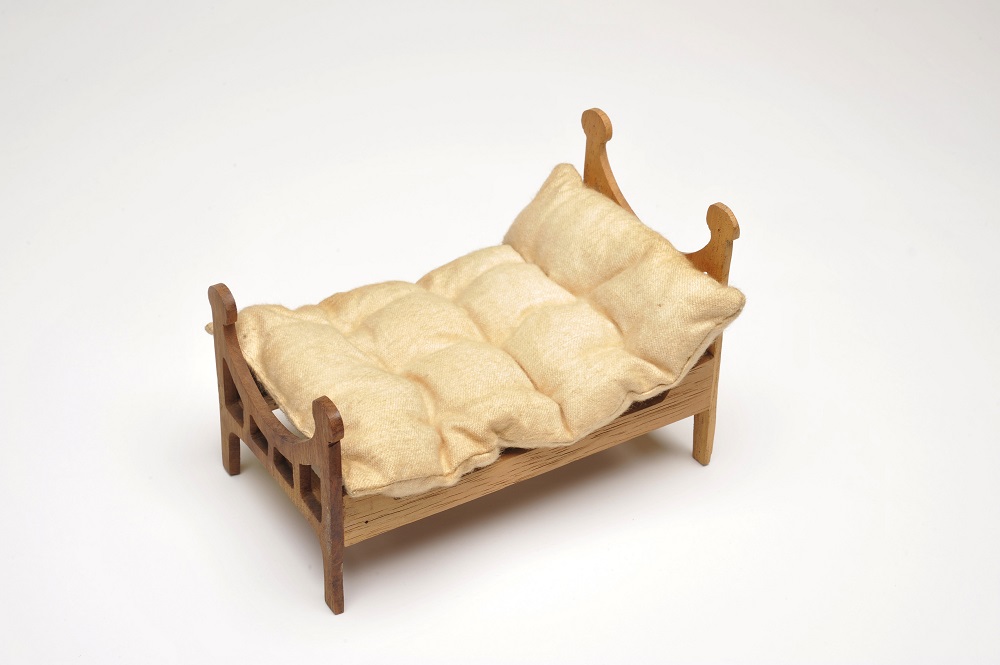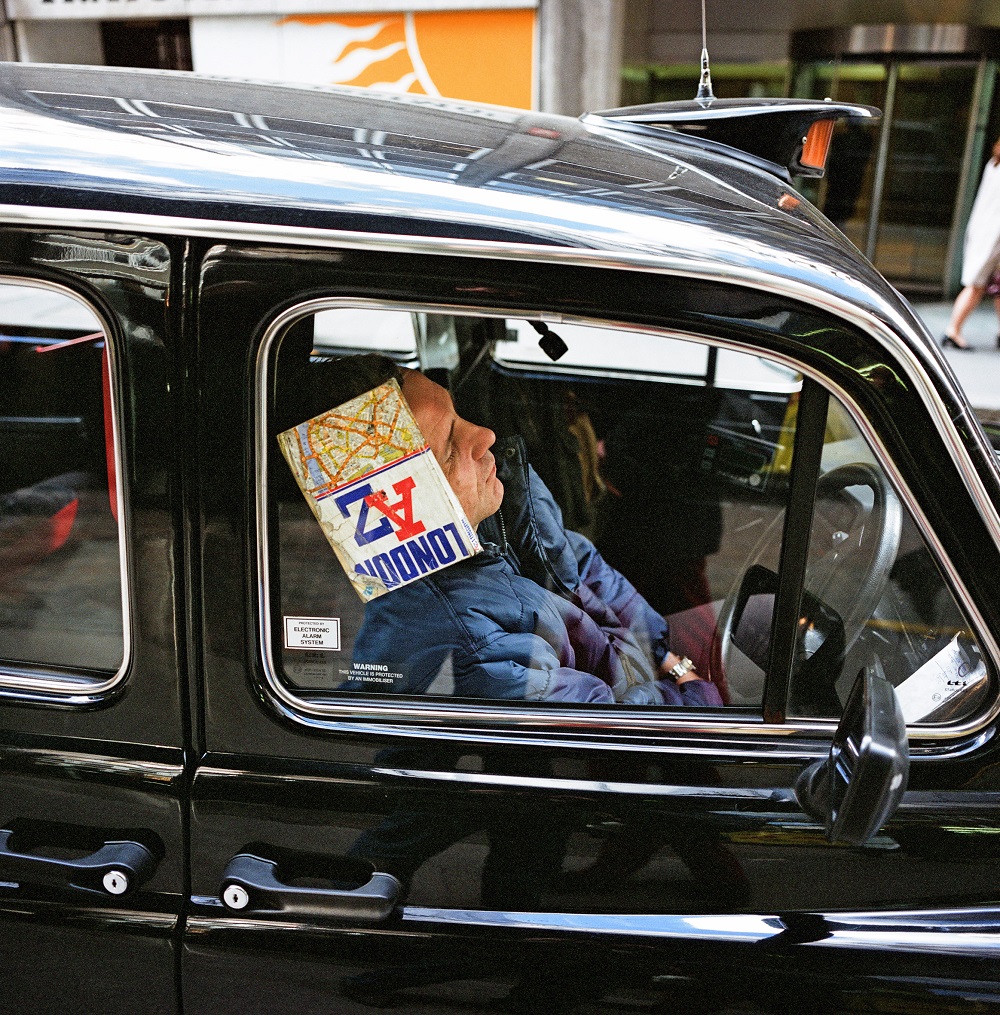Covid-19 has brought about many changes to Londoners’ lives, not just in the day to day, but also in relation to how we sleep and dream.
According to a survey conducted by King’s College London and Ipsos MORI in June 2020, the anxiety, stress and worry brought on by the global crisis is not limited to daytime hours but has affected our sleep and dreaming minds as well.
In response, the Museum of London, in partnership with the Museum of Dreams based at Western University in Canada, is launching a research-based project seeking to collect the dreams of Londoners by recording testimonies of dreams from the pandemic.
The project, entitled Guardians of Sleep, will be the first time that dreams as raw encounters and personal testimonies will be collected by a museum and they are asking Londoners to register their interest to take part by 15 January 2021 by emailing [email protected].
The project team aims to collect the dreams in the form of oral histories as part of the museum’s ongoing Collecting COVID project, but also to explore what insight dreams might offer into mental health and ways of coping with external stresses, especially in times of crisis.
Foteini Aravani, Digital Curator at the Museum of London, said: “We’re very excited to be taking part in Guardians of Sleep. Collecting Londoners’ dreams in their own words not only allows us to document a key shared experience from the pandemic but also helps stretch the definition of a ‘museum object’, by adding dreams as raw encounters and personal testimonies to our permanent London Collection for the very first time.
“Traditionally, when museums have collected dreams it has been in the form of artistic impression, for example, paintings or drawings influenced by the events, however, this can often dissociate the dream from the dreamer.

NOW READ: Artists unite to create films inspired by lockdown in the City of London
“Instead, as part of Collecting COVID, we will collect dreams as first-person oral histories with the aim to provide a more emotional and personal narrative of this time for future generations.”
Sharon Sliwinski, Creator of the Museum of Dreams based at Western University in Canada, described The Museum of Dreams as a hub for exploring the social and political significance of dream-life.
She added: “This partnership with the Museum of London takes inspiration from Sigmund Freud’s description of dreams as the ‘guardians of sleep’ where dreams are seen as night watchmen helping to preserve the integrity of our mind, guarding over our capacity to articulate experiences in our own terms.
“Here dreaming is understood to be a symbolic process that helps us work through the struggles we face in our waking lives. This new research with the Museum of London as part of their Collecting COVID initiative, aims to provide a rich resource for further understanding the significance of dream-life as a mechanism for working through social conflict and how the pandemic has affected the human condition.”
Guardians of Sleep, will take place in February 2021 with members of the public invited to speak about their COVID dream-life experiences with a member of the Museum of Dreams network: an international team of trained scholars from the psychosocial community.
The conversations lasting approximately one half-hour and conducted virtually over Zoom will then be considered for acquisition by the Museum of London as part of Collecting COVID for their permanent London Collection.
The Collecting COVID project, first announced in April 2020, is an active collecting project that seeks to reflect Londoners’ lives during the time of the Covid-19 crisis in order to keep a record to ensure future generations of Londoners will be able to learn about and understand this extraordinary period.
Main image by Paul Baldesare.
For the latest headlines from the City of London and beyond, follow City Matters on Twitter, Instagram and LinkedIn.







